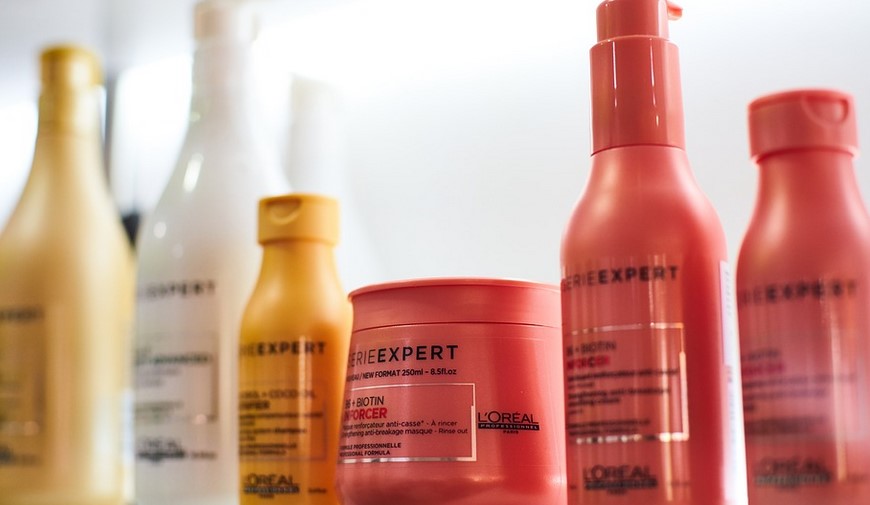Introduction
Keeping your private parts clean is essential for maintaining good health and hygiene. However, using regular soap may not be enough to keep the area free from bacteria and other harmful microorganisms. This is where antibacterial soap comes in handy. But is it safe to use on the sensitive skin of your genital area? In this article, we will explore the pros and cons of using antibacterial soap for men’s genital area.
What is Antibacterial Soap?
Antibacterial soap is a type of soap that contains added antimicrobial agents, such as triclosan, to kill or inhibit the growth of bacteria, viruses, and fungi. It is commonly used in hospitals and other healthcare settings to prevent the spread of infections.
Pros of using Antibacterial Soap for Men’s Genital Area
Using antibacterial soap for your private parts can help to reduce the risk of infections and unpleasant odors. It can also help to prevent the spread of sexually transmitted diseases (STDs) and other infections.
Cons of using Antibacterial Soap for Men’s Genital Area
However, there are also some downsides to using antibacterial soap on your private parts. One of the biggest concerns is that it can disrupt the natural balance of bacteria and other microorganisms in the area. This can lead to irritation, itching, and other skin problems. In addition, some antibacterial soaps contain harsh chemicals that can cause further irritation and dryness.
Alternatives to Antibacterial Soap
If you are concerned about the potential risks of using antibacterial soap on your genital area, there are other options available. For example, you can use mild, fragrance-free soap and warm water to clean the area. You may also want to consider using a natural, pH-balanced cleanser specifically designed for intimate hygiene.
Tips for Maintaining Good Genital Hygiene
In addition to using the right products, there are some other tips you can follow to maintain good genital hygiene. These include: – Wash your hands before and after using the bathroom – Wear clean, breathable underwear – Avoid using scented products in the genital area – Trim your pubic hair regularly to prevent the buildup of sweat and bacteria – Practice safe sex to reduce the risk of STDs and other infections
Conclusion
In conclusion, while antibacterial soap can be a useful tool for maintaining good genital hygiene, it is not without risks. If you choose to use it, make sure to select a mild, fragrance-free formula and only use it as directed. Alternatively, you can opt for natural or pH-balanced cleansers that are specifically designed for intimate hygiene. Ultimately, the key to good genital hygiene is practicing good habits and taking care of your body.

